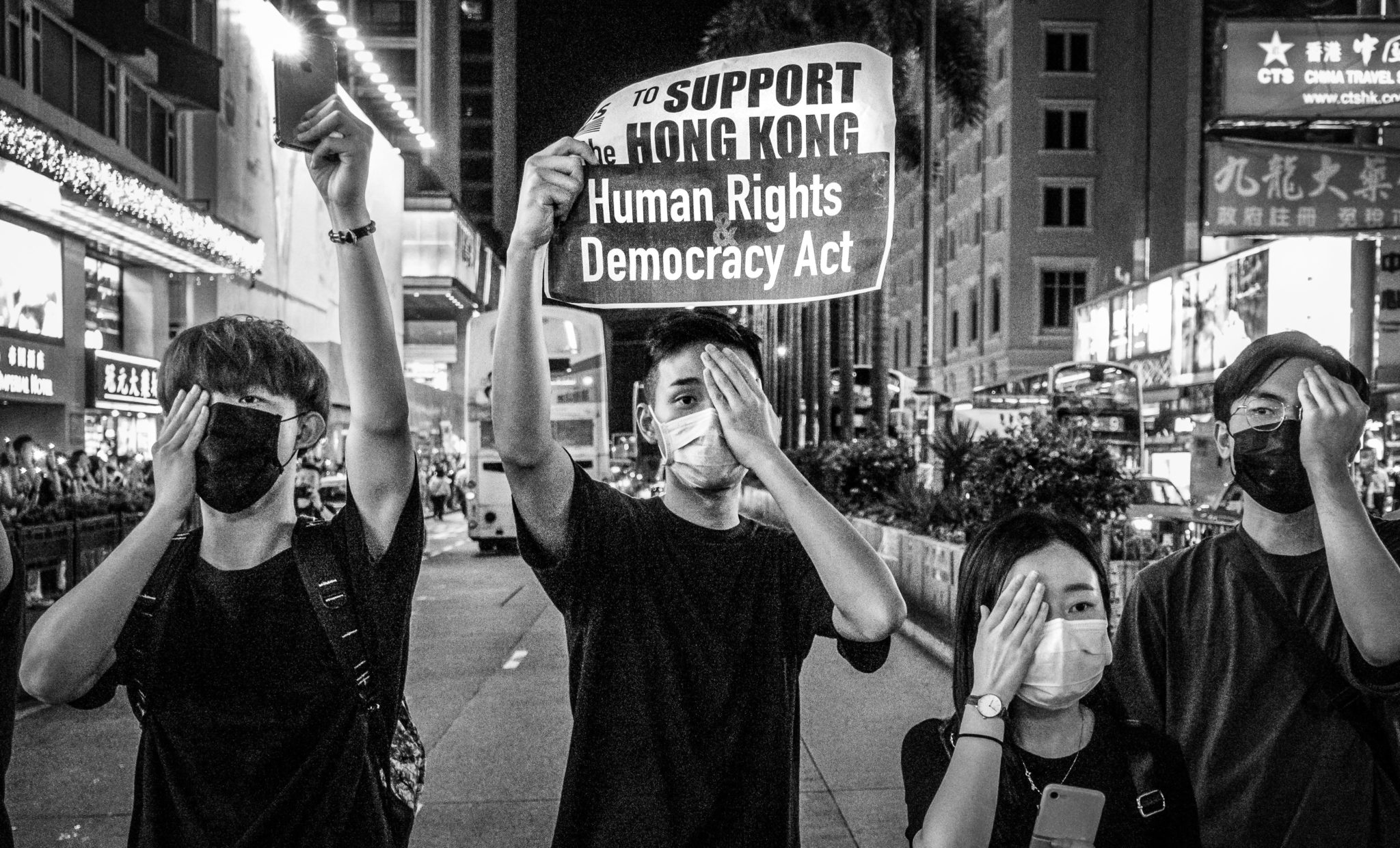


A joint initiative between the University of Bergen
and CMI – Chr. Michelsen Institute
China’s Iron Grip on Hong Kong and the New Line Towards Taiwan
Stein Tønnesson (PRIO), Paul Midford (NTNU) Julia Marinaccio (UiB) in conversation with Ole Johannes Kaland (UiB)

The National Security Law (NSL) for Hong Kong, which the Chinese People’s Congress passed in the summer of 2020 represents a radical shift in the “one country, two systems”-framework. With the passing of the
“patriots governing Hong Kong” resolution this week, China has further tightened its control over Hong Kong.
Commentators have noted how books have disappeared from library shelves, school pupils have been banned from engaging in political activities, and multiple activists have been arrested. Others have quit activist groups and fled abroad, including to Taiwan. While China has strengthened its grip on Hong Kong, its has also become increasingly aggressive towards Taiwan and other nations in the region.
In this breakfast forum, we will focus on how the situation in Hong Kong Affects its population as well as that of Taiwan.
What does the new security law entail for Hong Kong and how will the new voter laws affect identity politics? How will this all affect China’s relationship with Taiwan? Will we see transnational political movements in the region? To what degree can we talk of transnational digital activism? How will the Biden administration respond to a regionally more aggressive China?
Stein Tønnesson is a research professor and former director at the Peace Research Institute Oslo (PRIO). Tønnesson’s work has centred on revolution and war in Vietnam, the tensions in the South-China sea, and questions related to national identity in Southeast Asia, including Thailand and Myanmar.
Paul Midford is the director of the Japan Program at the Norwegian University of Science and Technology (NTNU). In addition to his expertise on Japanese foreign and security policiies, Midford is a specialist on East Asian international politics.
Julia Marinaccio
is a postdoctoral fellow with the department of foreign languages at the University of Bergen. With years of experience devoted to Taiwan, Marinaccio has strong expertise on Chinese and Taiwanese political processes. She is currently working on environmental governance and natural resource management in China.
Ole Johannes Kaland is an associate professor at NLA University College and affiliate researcher with the anthropology department at the University of Bergen. Kaland’s work focuses on internal migration, welfare governance, education, youth and urbanization processes in China.
Photo:
Studio Incendo on Flickr

